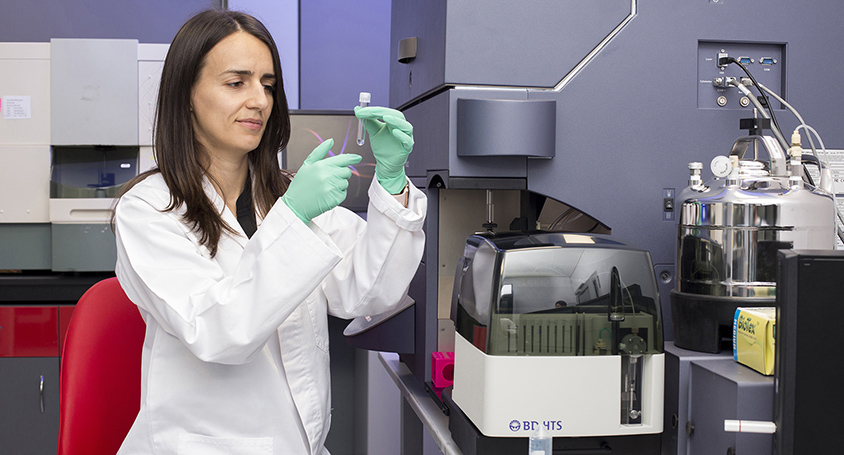CAP012 SAMBA project: African innovation driving the future of HIV prevention

The CAP012 SAMBA project, led by the Centre for the AIDS Programme of Research in South Africa (CAPRISA) and supported by the EDCTP2 programme, represents one of the most comprehensive African-led evaluations of broadly neutralising antibodies (bNAbs) for HIV prevention. Focused on young women in sub-Saharan Africa—a population that continues to bear the highest burden of new infections—this project exemplifies the power of African scientific leadership in shaping the next generation of HIV prevention technologies.
A new frontier in HIV prevention
Conducted across clinical research sites in South Africa and Zambia, the CAP012 SAMBA project integrated scientific innovation, clinical excellence, and sustainable capacity building. Its goal: to advance the development of long-acting, woman-controlled HIV prevention options that empower African women.
It comprised three sequential and interlinked clinical trials—CAPRISA 012A, 012B, and 012C—that collectively advanced from early safety and pharmacokinetic (PK) studies to large-scale assessments of dual antibody combinations. Across more than 1,100 participants, these trials confirmed the safety and tolerability of long-acting bNAbs CAP256V2LS and VRC07-523LS, administered individually and in combination.
Simplified and effective delivery
The trials demonstrated that fixed-dose subcutaneous administration provides equivalent exposure to weight-based dosing while simplifying delivery logistics and reducing product wastage. Co-administration with recombinant human hyaluronidase proved to be safe, faster to administer, and required fewer injections, while enhancing the PK profile.
Mucosal studies confirmed the presence of bNAbs at the genital tract, while behavioural studies showed that subcutaneous administration was acceptable among participants.
Scientific impact and global reach
The project has generated over ten peer-reviewed scientific publications in high-impact journals, including The Lancet HIV, Clinical Microbiology Reviews, Journal of Antimicrobial Chemotherapy, Scientific Reports, and BMJ Open, with several manuscripts under review. Findings have been presented at major international conferences such as CROI 2023, as well as at institutional scientific advisory meetings and community dissemination events—ensuring both global visibility and local engagement.
Strengthening African’s scientific leadership and local capacity
A cornerstone of the CAP012 SAMBA project is its commitment to African research leadership and capacity strengthening. It has created extensive opportunities for emerging African clinician scientists, supporting training, mentorship and postgraduate research. Milestones include the completion of a PhD by Dr Sharana Mahomed at the University of KwaZulu-Natal in 2023, and an EDCTP Clinical Research and Product Development Fellowship undertaken by Dr Amadou Hamidou Togo from Mali.
These efforts have fostered sustainable scientific partnerships between institutions in France, Mali, the Netherlands, South Africa, Zambia, and the United States, exemplifying a model of collaborative excellence across the continent.
Beyond its scientific outputs, the project has made a lasting impact on African research capacity. The establishment of a Meso Scale Discovery (MSD) analytical platform, funded through the South African Medical Research Council (SAMRC), represents a transformative leap in regional analytical capacity. This state-of-the-art technology now enables advanced PK and biomarker analyses to be conducted locally, significantly reducing reliance on international laboratories and reinforcing South Africa’s scientific independence and sustainability.
A foundation for the future
By validating long-acting, fixed-dose antibody administration as a safe HIV prevention strategy, the CAP012 SAMBA project has contributed to biomedical HIV prevention science. Its findings not only inform ongoing HIV vaccine and cure research but also provide a foundation for future immunotherapeutic applications across other infectious diseases.
Above all, this project demonstrates how Africa-led research can deliver innovative, equitable, and locally driven solutions to global health challenges.
